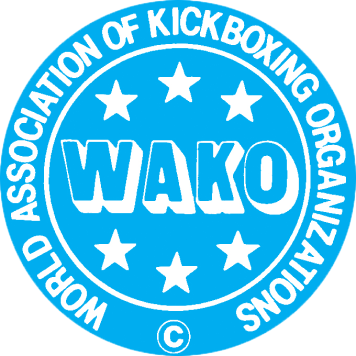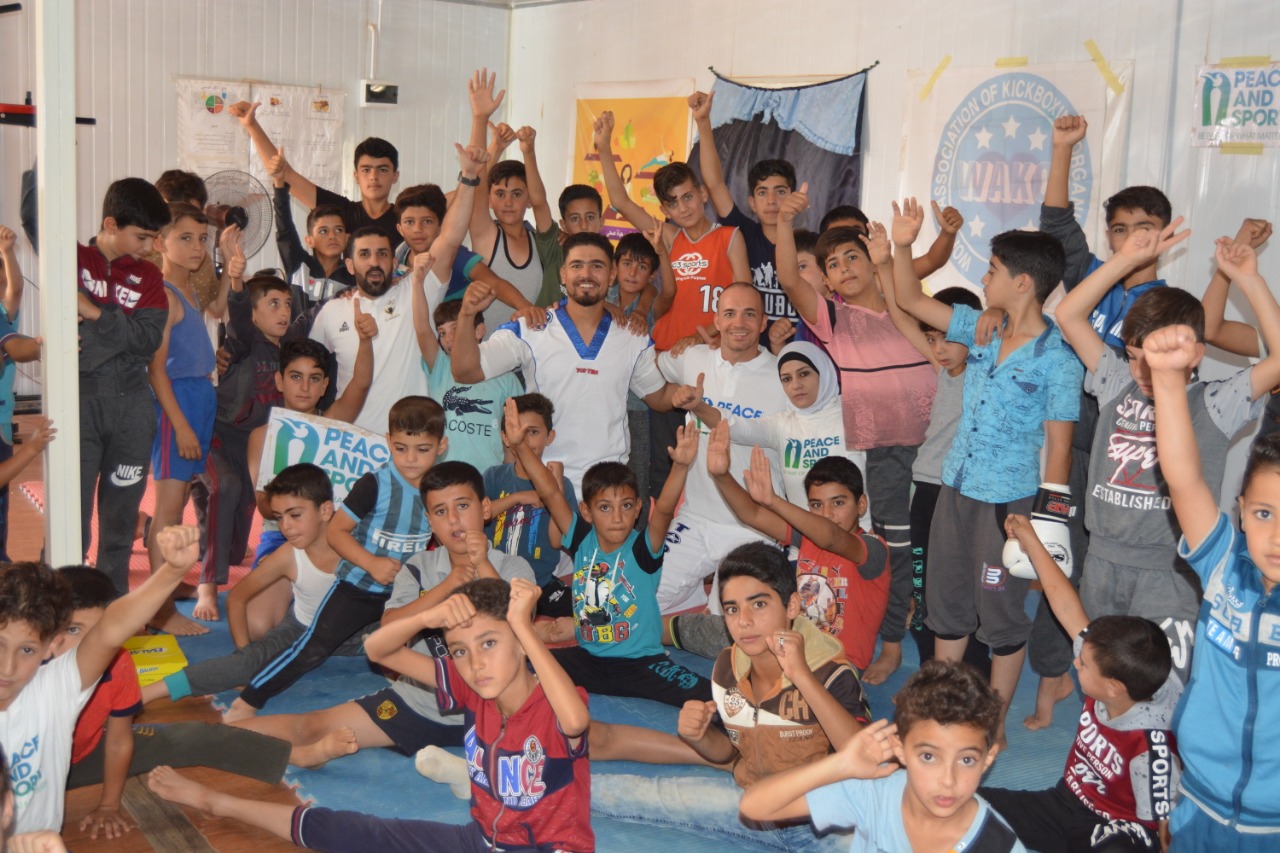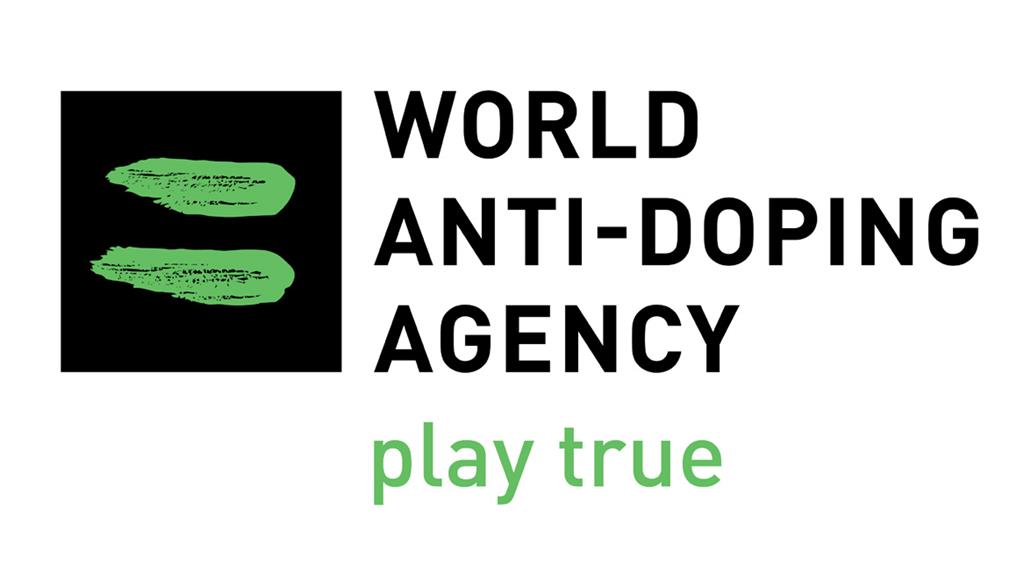This suspension was imposed due to a number of non-conformities with the International Standard for Laboratories (ISL) , which on 29 November 2017, resulted in the laboratory being provisionally suspended. Since that date, disciplinary proceedings were carried out by an independent disciplinary committee mandated to make a recommendation to the Chair of the WADA Executive Committee regarding the status of the laboratory’s accreditation.
The suspension, which is backdated from the point of the provisional suspension, prohibits the Bucharest laboratory from carrying out any anti-doping activities, including all analyses of urine and blood samples.
During the period of suspension, samples that have not yet been analyzed by the Bucharest laboratory, samples currently undergoing a confirmation procedure and any samples for which a confirmation procedure (A and/or B) is required, must be securely transported to a WADA-accredited laboratory. This is in order to ensure continued high-quality sample analysis, which also helps preserve athletes’ confidence in this process and the wider anti-doping system.
Under the terms of Article 13.7 of the World Anti-Doping Code, the laboratory may appeal this decision to the Court of Arbitration for Sport within 21 days of receipt of notice.
The laboratory shall now address all non-conformities identified by the Laboratory Expert Group and WADA in any request for corrective action or otherwise, as well as any additional non-conformities identified during any WADA site visit during the suspension period.
If the laboratory satisfies the disciplinary committee in meeting these requirements, it may apply for reinstatement prior to the expiry of the six-month suspension period. However, should the laboratory not address them by the end of the six-month suspension period, WADA may extend the suspension of the laboratory’s accreditation for an additional six months.
According to the ISL, WADA is responsible for accrediting and re-accrediting anti-doping laboratories, thereby ensuring that they maintain the highest standards. This monitoring process is conducted in conjunction with International Organization for Standardization assessment by independent national accreditation bodies that are full members of the International Laboratory Accreditation Cooperation.




